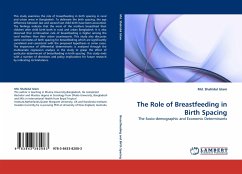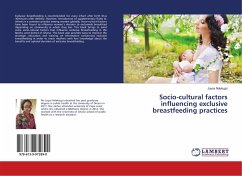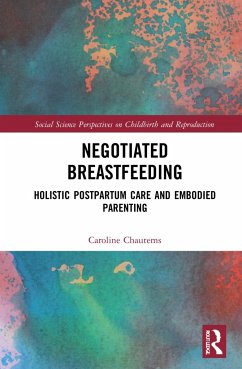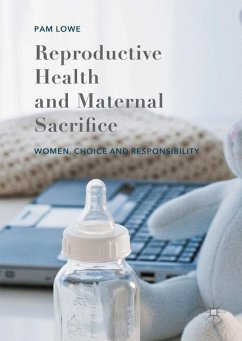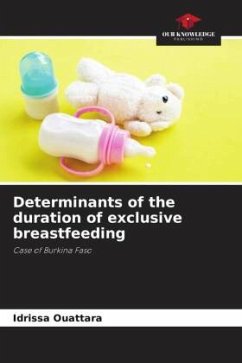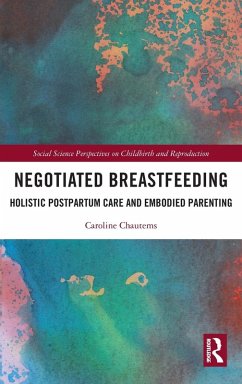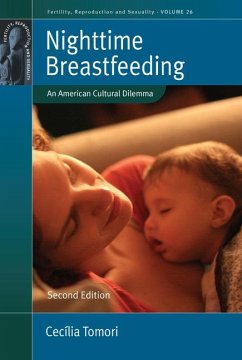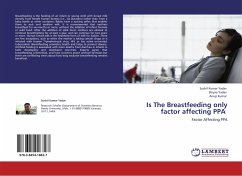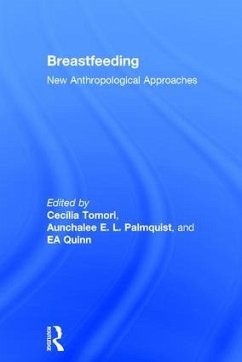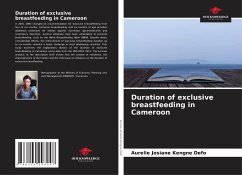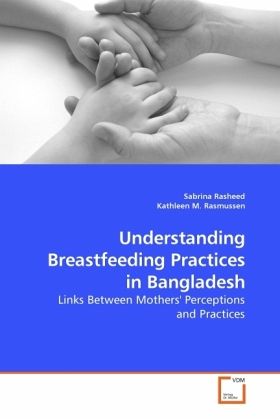
Understanding Breastfeeding Practices in Bangladesh
Links Between Mothers' Perceptions and Practices
Versandkostenfrei!
Versandfertig in 6-10 Tagen
39,99 €
inkl. MwSt.

PAYBACK Punkte
20 °P sammeln!
If exclusive breastfeeding for 6 months protects infants from illness and growth retardation, why do 70% of Bangladeshi mothers introduce non-breast milk foods during the first 6 months of lactation? To find out, we studied why mothers introduce other foods early and discovered 3 breastfeeding trajectories:full breastfeeding (breast milk and water),committed mixed feeding (continuous introduction of non-breast milk foods starting 0-4 months, considered non - normative) and intermittent mixed feeding (other types breastfeeding practices, considered normative). Biological and socio-cultural fact...
If exclusive breastfeeding for 6 months protects infants from illness and growth retardation, why do 70% of Bangladeshi mothers introduce non-breast milk foods during the first 6 months of lactation? To find out, we studied why mothers introduce other foods early and discovered 3 breastfeeding trajectories:full breastfeeding (breast milk and water),committed mixed feeding (continuous introduction of non-breast milk foods starting 0-4 months, considered non - normative) and intermittent mixed feeding (other types breastfeeding practices, considered normative). Biological and socio-cultural factors separated the 3 groups. Mothers practicing full breastfeeding were from poorer households and probably could not afford non-breast milk foods, adhering to breastfeeding recommendations by default. Committed mixed breast feeders faced barriers, both biological and socio - cultural, that intermittent breast feeders did not.The importance of our findings is this: To craft programs to improve infants' health and growth through breastfeeding, programs must consider how values and social structures influence mothers'beliefs and behaviors.



